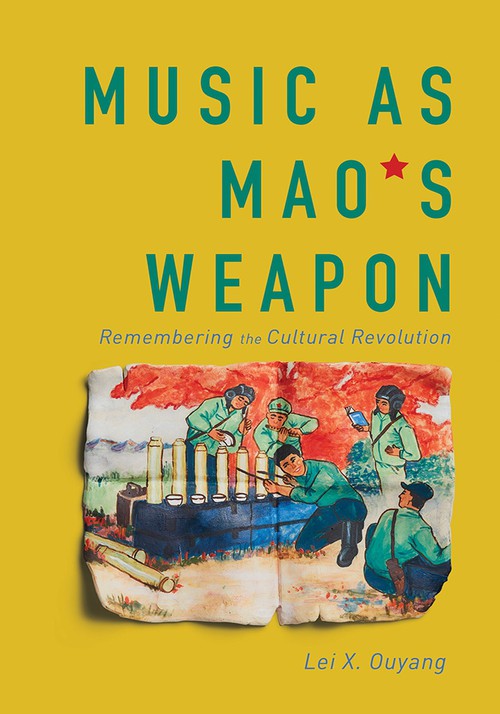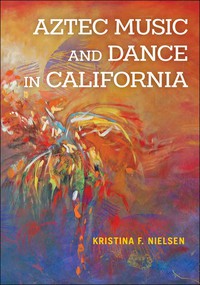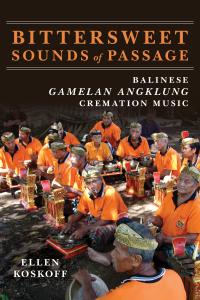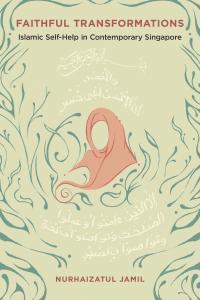
Music as Mao's Weapon
Remembering the Cultural Revolution
Music, memory, and a legacy of extremes
Cloth – $110
978-0-252-04417-5
Paper – $28
978-0-252-08621-2
eBook – $19.95
978-0-252-05311-5
Publication Date
Paperback: 01/25/2022
Cloth: 01/25/2022
Cloth: 01/25/2022
About the Book
China's Cultural Revolution (1966-1976) produced propaganda music that still stirs unease and, at times, evokes nostalgia. Lei X. Ouyang uses selections from revolutionary songbooks to untangle the complex interactions between memory, trauma, and generational imprinting among those who survived the period of extremes. Interviews combine with ethnographic fieldwork and surveys to explore both the Cultural Revolution's effect on those who lived through it as children and contemporary remembrance of the music created to serve the Maoist regime. As Ouyang shows, the weaponization of music served an ideological revolution but also revolutionized the senses. She examines essential questions raised by this phenomenon: What did the revolutionization look, sound, and feel like? What does it take for individuals and groups to engage with such music? And what is the impact of such an experience over time?Perceptive and provocative, Music as Mao's Weapon is an insightful look at the exploitation and manipulation of the arts under authoritarianism.
* Publication supported in part by the Swarthmore College Constance Hungerford Fund and the Society for Ethnomusicology Deborah Wong Research and Publication Award.
About the Author
Lei X. Ouyang is an associate professor of music at Swarthmore College.Reviews
"Highly recommended." --Choice"This book opens a new window to events during the Mao era; it undermines our preconceived bias about the events of that phase and is full of musical pieces of the period, providing a distinct picture of the society at that time. . . . Scholars trying to understand Chinese culture and East Asian Studies should go through this book, as the multidisciplinary approach of Lei would lead them to explore something new and fresh in the field." --International Institute for Asian Studies
"Music as Mao's Weapon is well-written and comes with detailed background information, photographs, music examples and song lists, which makes it attractive also to the non-China expert. It exposes strategies of revolutionary music composition and investigates its effects on the individual in the highly politicized and violent context of the Cultural Revolution. . . . Ouyang's book offers stimulating insight into why, how, and to whom this musical heritage is still meaningful today." --The China Quarterly
Blurbs
"This is a significant contribution to the sparse literature on musical life during China's Cultural Revolution. The focus on individual experience and the categorization of different impacts on different generations are unusual and illuminating."--Helen Rees, author of Echoes of History: Naxi Music in Modern China








